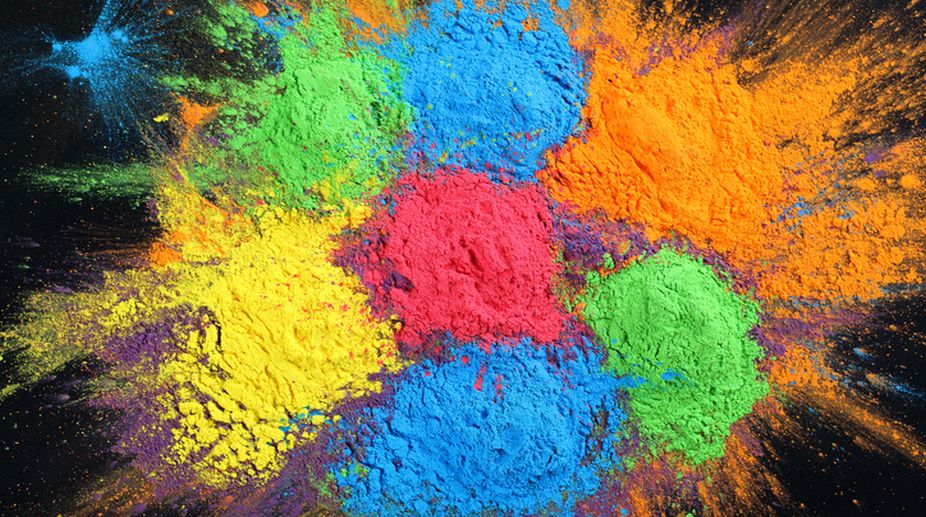How we categorise colours is rooted in our biology and not in the language we speak, according to a new study.
Researchers from University of Sussex in the UK analysed the response of 176 babies, aged between four and six months, to patches of colour.
Advertisement
Each baby was shown only one pair of different colours, with at least 10 babies tested for each pair.
From the webcam recordings, researchers looked for a phenomenon known as novelty preference – babies will look longer at a 'new' colour if they perceive it to be different to a familiar one, researchers said.
They found that babies have five colour categories: red, yellow, green, blue and purple.
The team then compared these colour categories to those found in English, and to 110 languages from non-industrialised countries,'The Guardian' reported.
They found that while different languages have different numbers of colour categories and different locations for the boundaries between them, the common categories aligned well with the babies' categories.
"The results suggest there is a biological origin to colour categories, which is later influenced by culture and environment," researchers said.
"If you use a language that does not make a distinction between green and blue, for example, then as they grow up babies and children learn to no longer make that distinction," said Alice Skelton, from University of Sussex.
The study was published in the journal Proceedings of the National Academy of Sciences.









